- Home
- Who we are
- What we do
- Agriculture Development
- Nutrition & Food Security
- Water, Sanitation And Hygiene (WASH)
- Gender Justice Womens Rights
- Humanitarian Emergency Response
- Child Protection
- Climate Change And Environmental Conservation
- Economic Development
- Gender Equality
- Climate Change and Resilience
- WASH
- Humanitarian Assistance
- Our Impact
- Where We Work
- Contact Us
- Resources
- Donate Now
 Climate Change and Environmental Conservation
Climate Change and Environmental Conservation
We empower people to takeaction on the climate crisis and to build knowledge for change.
Agricultural Development Organization (ADO): Championing Climate Change and Environmental Conservation
The Agricultural Development Organization (ADO) is dedicated to addressing the challenges of climate change and environmental degradation through impactful programs and initiatives. Recognizing the profound impact of these issues on agricultural practices, food security, and the livelihoods of communities, ADO has prioritized efforts to promote sustainable environmental practices and mitigate the effects of climate change.
ADO's Approach and Strategies
The agricultural sector is the most susceptible sector for climate change hazards and shocks in form of water shortages/prolonged and recurrent droughts, pest and disease infestation, soil erosion, and degradation of agricultural and pastoral lands. To overcome these problems, ADO applies a climate-smart agricultural approach by coming up with interventions that are tested and build the strength of the rural communities.
Part of those interventions is introducing sustainable water harvesting dams with installed advanced agricultural technologies including drip irrigation, provision of quality seeds that are pest and disease resistant and drought-tolerant, and learning recommended practices for fodder conservation and management. These developmental responses enable sustainable production during unpredictable dry seasons.
ADO’s work in climate change and environmental conservation is guided by a holistic approach that integrates various strategies and interventions aimed at promoting sustainable practices and resilience in the face of environmental challenges. Some of the key strategies employed by ADO in these areas include:
- Agroecological Farming Practices: ADO promotes and supports agroecological farming practices that are adapted to local ecosystems and climates. These approaches focus on enhancing soil fertility, conserving water resources, and promoting biodiversity through techniques such as agroforestry, conservation agriculture, and organic farming. By encouraging sustainable farming methods, ADO aims to reduce the environmental impact of agricultural activities and enhance the resilience of farming communities to climate change.
- Natural Resource Management: ADO works closely with communities to promote the sustainable management of natural resources, including land, water, and forests. The organization supports community-led initiatives for soil and water conservation, reforestation efforts, and the establishment of sustainable land-use practices. By empowering communities to manage their natural resources responsibly, ADO contributes to the conservation of ecosystems and the mitigation of environmental degradation.
- Climate Smart Technologies and Innovations: ADO facilitates the adoption of climate-smart technologies and innovations that enable farmers to adapt to changing climatic conditions and minimize their carbon footprint. This includes the introduction of drought-resistant crop varieties, efficient irrigation systems, renewable energy solutions, and climate-resilient agricultural practices. By promoting the uptake of innovative technologies, ADO equips communities with the tools to mitigate the adverse effects of climate change on agriculture.
- Environmental Education and Awareness: ADO conducts education and awareness programs on climate change, environmental conservation, and sustainable agricultural practices. These initiatives target farmers, youth, and community members, providing them with knowledge and skills to understand the impacts of climate change and take action to protect the environment. ADO empowers local stakeholders to become environmental stewards and advocates for sustainable practices within their communities.
- Partnerships and Advocacy: ADO collaborates with governmental agencies, non-governmental organizations, and other stakeholders to advocate for policies and practices that promote climate resilience and environmental conservation. The organization engages in advocacy efforts to raise awareness about the importance of sustainable development and to influence policies that support environmentally friendly practices and adaptation to climate change.
Impact and Achievements
ADO’s climate change and environmental conservation programs have had a significant impact on the resilience and sustainability of agricultural communities. Through the implementation of sustainable farming practices, natural resource management initiatives, the adoption of climate-smart technologies, and education and advocacy efforts, ADO has contributed to the preservation of ecosystems, the reduction of environmental degradation, and the empowerment of communities to adapt to changing climatic conditions.
ADO’s commitment to climate change adaptation and environmental conservation underscores the organization’s dedication to promoting sustainable and resilient agricultural systems. Through a combination of strategies and interventions, ADO works towards fostering environmentally sustainable practices, enhancing the adaptive capacity of communities, and safeguarding natural resources for future generations. By aligning with local stakeholders and fostering partnerships, ADO continues to play a pivotal role in building climate resilience and promoting environmental conservation in the communities it serves.

ADO conducted participatory mapping and assessment to develop community soil and water conservation plans in Midhisho village, Sanaag Region.
The overall goal was to conduct participatory soil mapping and assessment and develop an SWC plan. This participatory assessment aimed to evaluate the extent of farmers’ adoption of SWC technology options, pinpoint the obstacles and issues that impede their adoption, gauge the level of community involvement in SWC interventions, and formulate a comprehensive plan for soil and water conservation in Midhisho village.
Why is this important?
Why is this important?
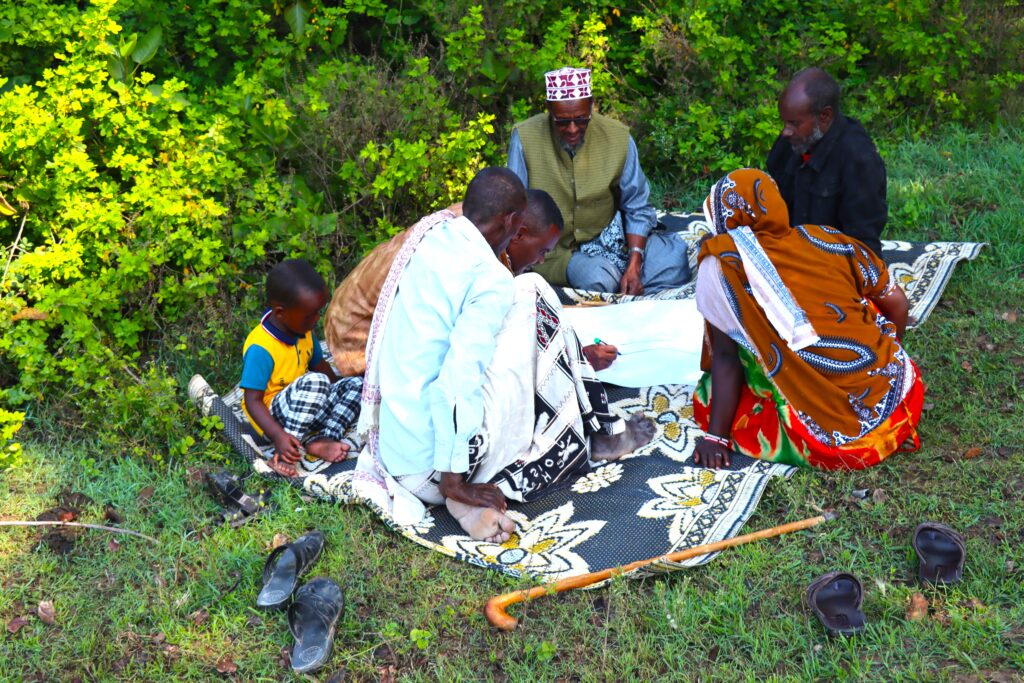
- Empowering Communities: By involving community members in the mapping and assessment process, we empower them to actively participate in decision-making and planning for sustainable land management practices.
- Enhancing Conservation Efforts: Mapping helps us identify areas prone to erosion, soil degradation, or water scarcity, enabling us to implement targeted conservation measures that preserve natural resources and protect the environment.
- Building Resilience: Developing community-driven soil and water conservation plans strengthens community resilience to climate change impacts, ensuring sustainable agriculture practices, and enhancing food security.
Climate Adaptive Village
The Climate Adapted Villages Methodology (CAV) is a development fund’s approach to work on climate adaptation with the community. CAV principal objective: is to increase the adaptation capability in rural communities through more knowledge of the local effects of climate change, better planning, and sustainability by working with the community to understand their direct vulnerabilities and needs. ADO prepared and developed community adaptation plans using the CAV approach.
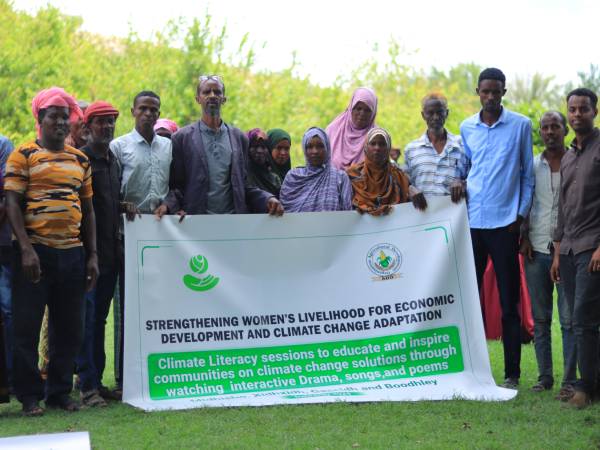
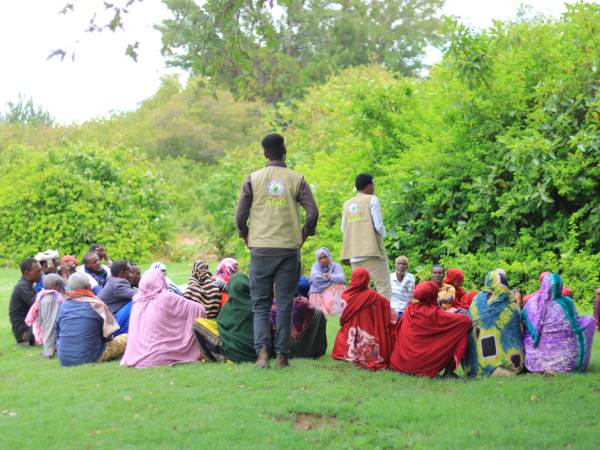
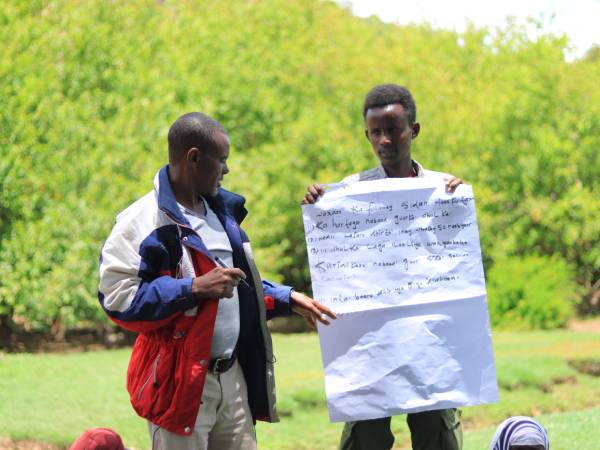
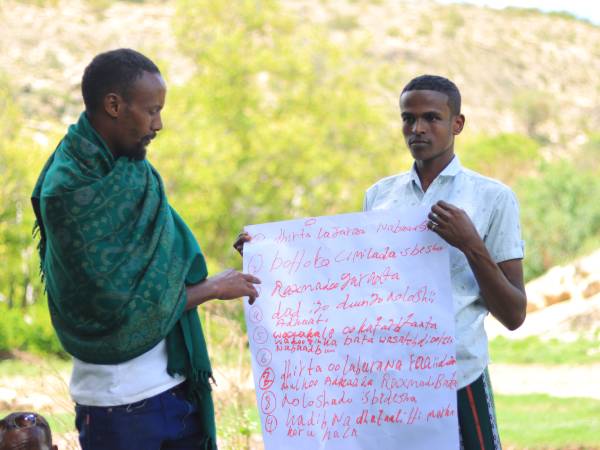
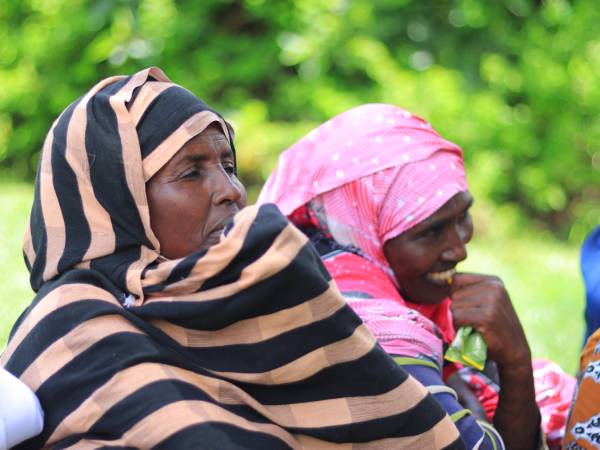
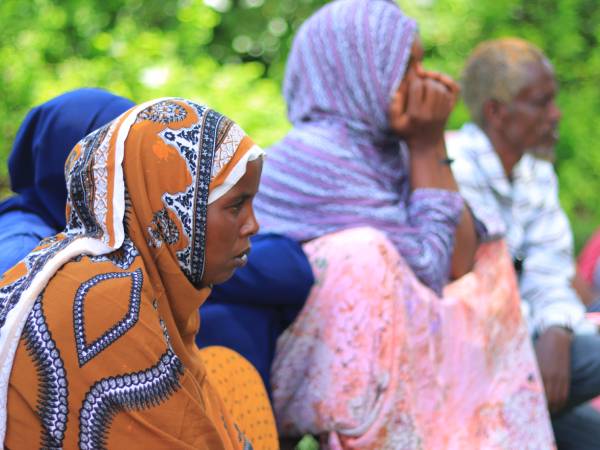
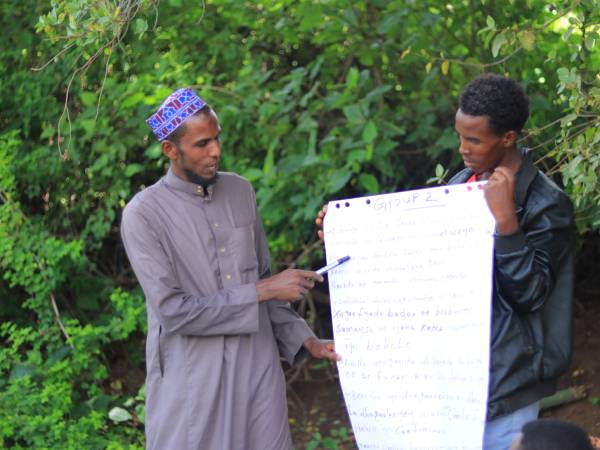
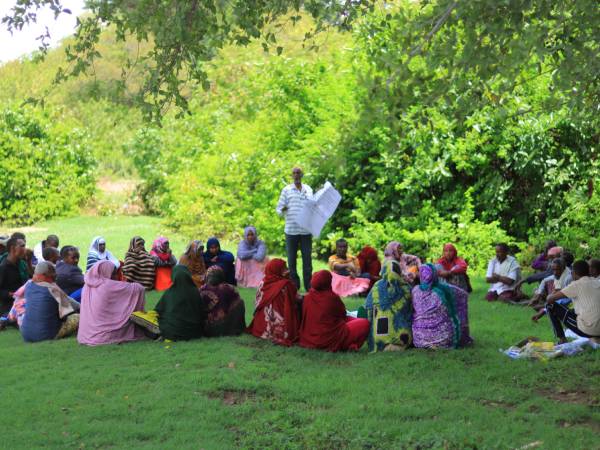
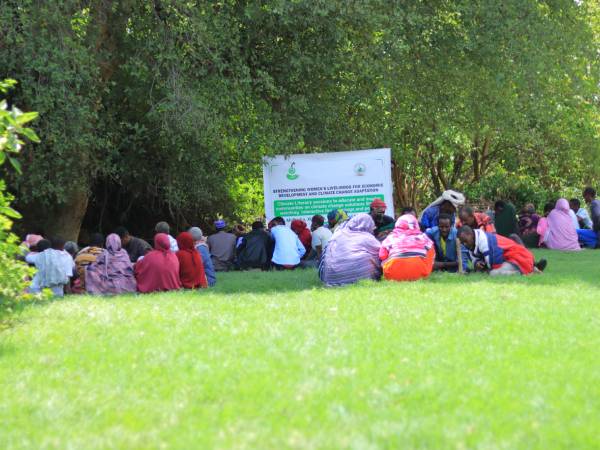
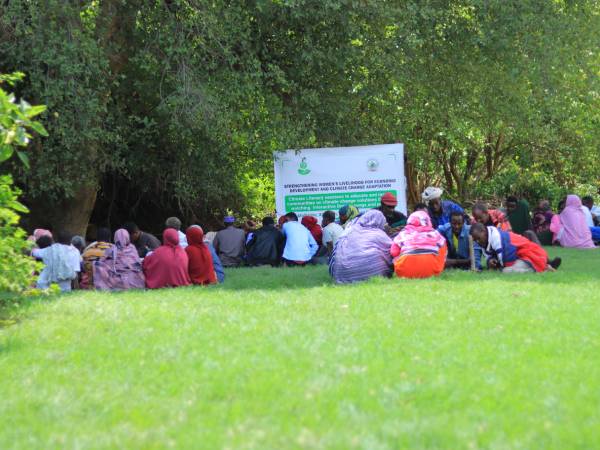
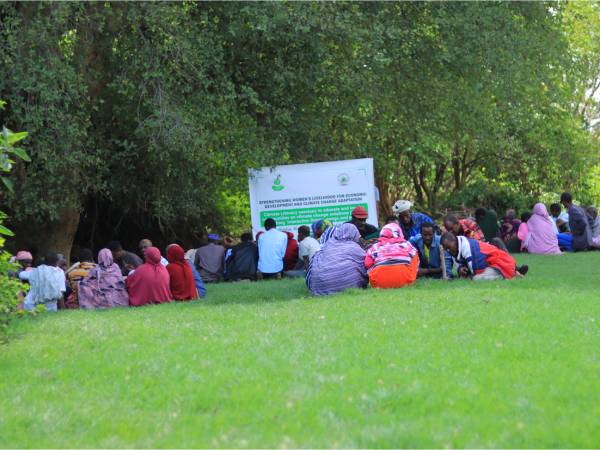
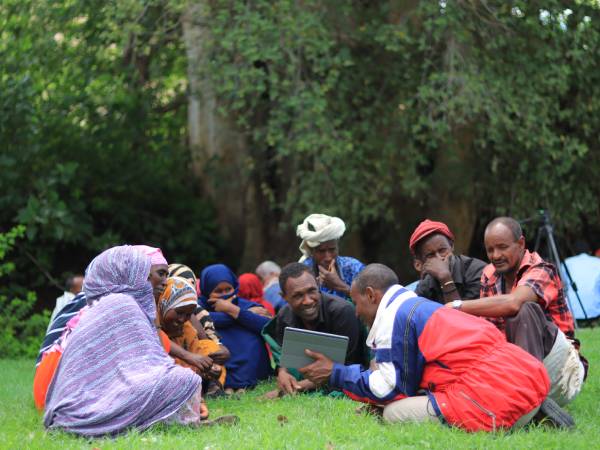
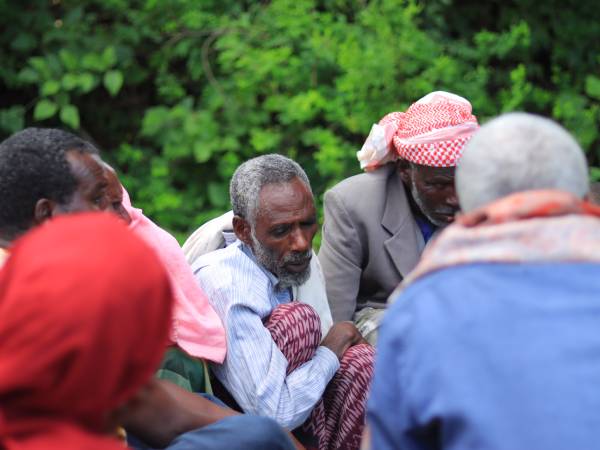
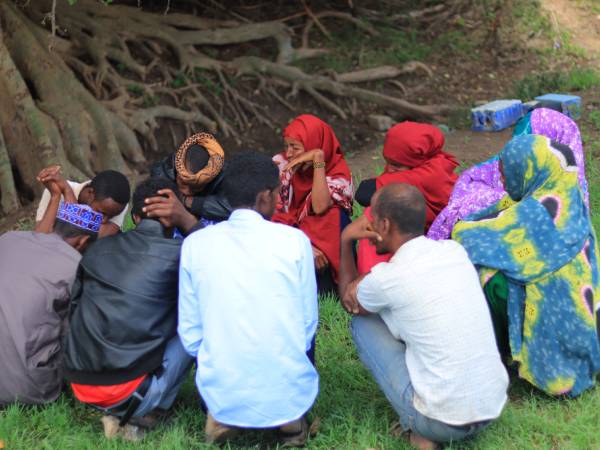
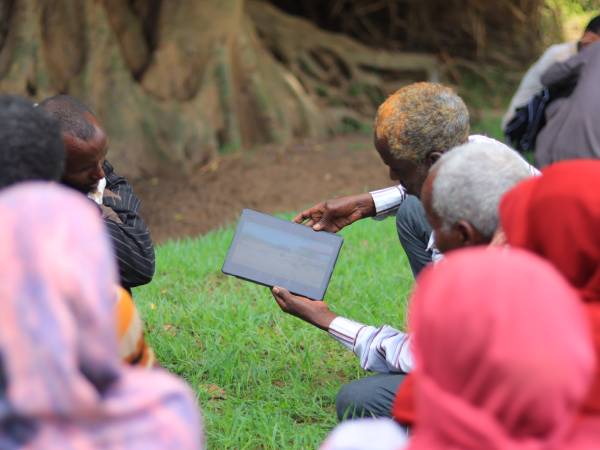


About Us
The Agricultural Development Organization in Somaliland is a dynamic and dedicated organization working towards the improvement and advancement of agriculture in the region. We are committed to enhancing agricultural practices, promoting food security, and fostering economic growth in Somaliland.
Useful Links
© 2024 All Rights Reserved. Designed & Developed By Mobrilz.
